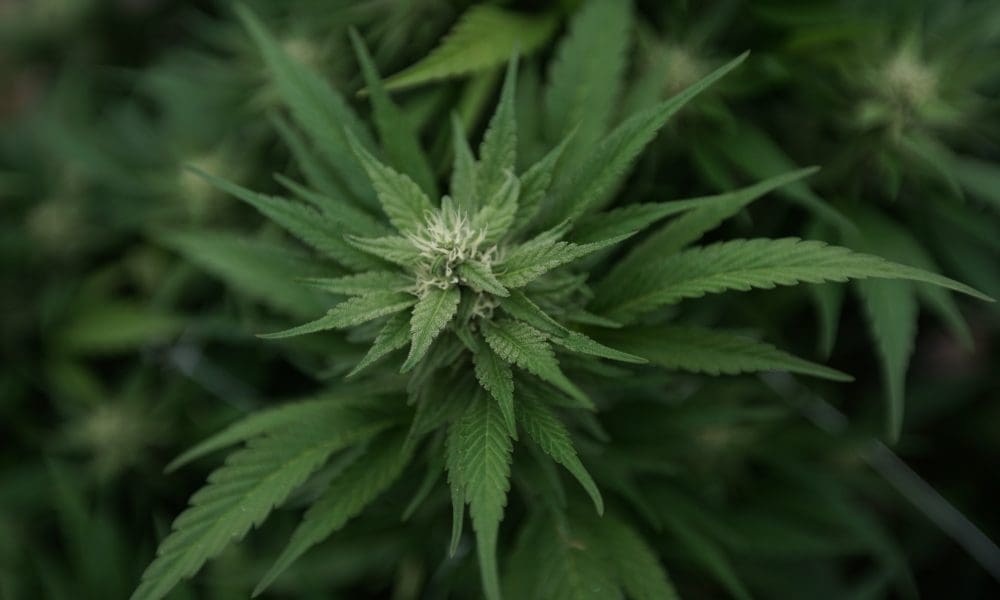
The US Department of Justice has formally proposed a rule to reclassify cannabis from a Schedule I drug to a Schedule III drug under the Controlled Substances Act. The proposed rule was published in the Federal Register following President Biden's request to review the classification of cannabis. The reclassification is based on recommendations from the Department of Health and Human Services [e2b14a58].
The proposed reclassification has sparked mixed reactions. The cannabis industry has criticized the move, arguing that only decriminalization is enough. However, the National Organization for the Reform of Marijuana Laws (NORML) cautiously supports the change and plans to submit comments during the 60-day public comment period. The final rule will be determined after considering the comments received [e2b14a58].
Republican lawmakers, led by Rep. Pete Sessions and Sen. James Lankford, have sent a public comment letter opposing the Biden administration's planned rescheduling of marijuana under the Controlled Substances Act (CSA). The letter alleges that the government's recommendation was based on politics rather than science. The lawmakers claim that the rescheduling recommendation 'ignores the increasing danger of high-potency marijuana, creating a high risk for public health threats such as youth overdoses, schizophrenia, and psychosis.' They argue that marijuana has no currently accepted medical use and urge the Department of Justice to withdraw the proposal and maintain marijuana as a Schedule I drug. The letter also suggests that the Drug Enforcement Administration (DEA) was not properly consulted in the drafting of the proposed rule [6e6e62ee].
Until a final rule is published, cannabis remains a Schedule I controlled substance. The reclassification, if implemented, would place cannabis in the same category as drugs like ketamine, anabolic steroids, and testosterone. This change could have implications for marijuana businesses in states where the drug is legal and make researching marijuana easier. It could also reduce cannabis businesses' federal tax burden and facilitate research on marijuana [e2b14a58].
The public comment period for the proposed rule is open until July 22, with competing perspectives expected to be submitted. Some Republican lawmakers have sought to delay or block the rescheduling of cannabis through legislation and funding bills. Marijuana reform advocates and stakeholders plan to leverage the opportunity to support the reclassification or call for descheduling cannabis altogether. Prohibitionist organizations like Smart Approaches to Marijuana (SAM) are expected to oppose the change through lobbying and potential litigation [6e6e62ee] [e2b14a58].